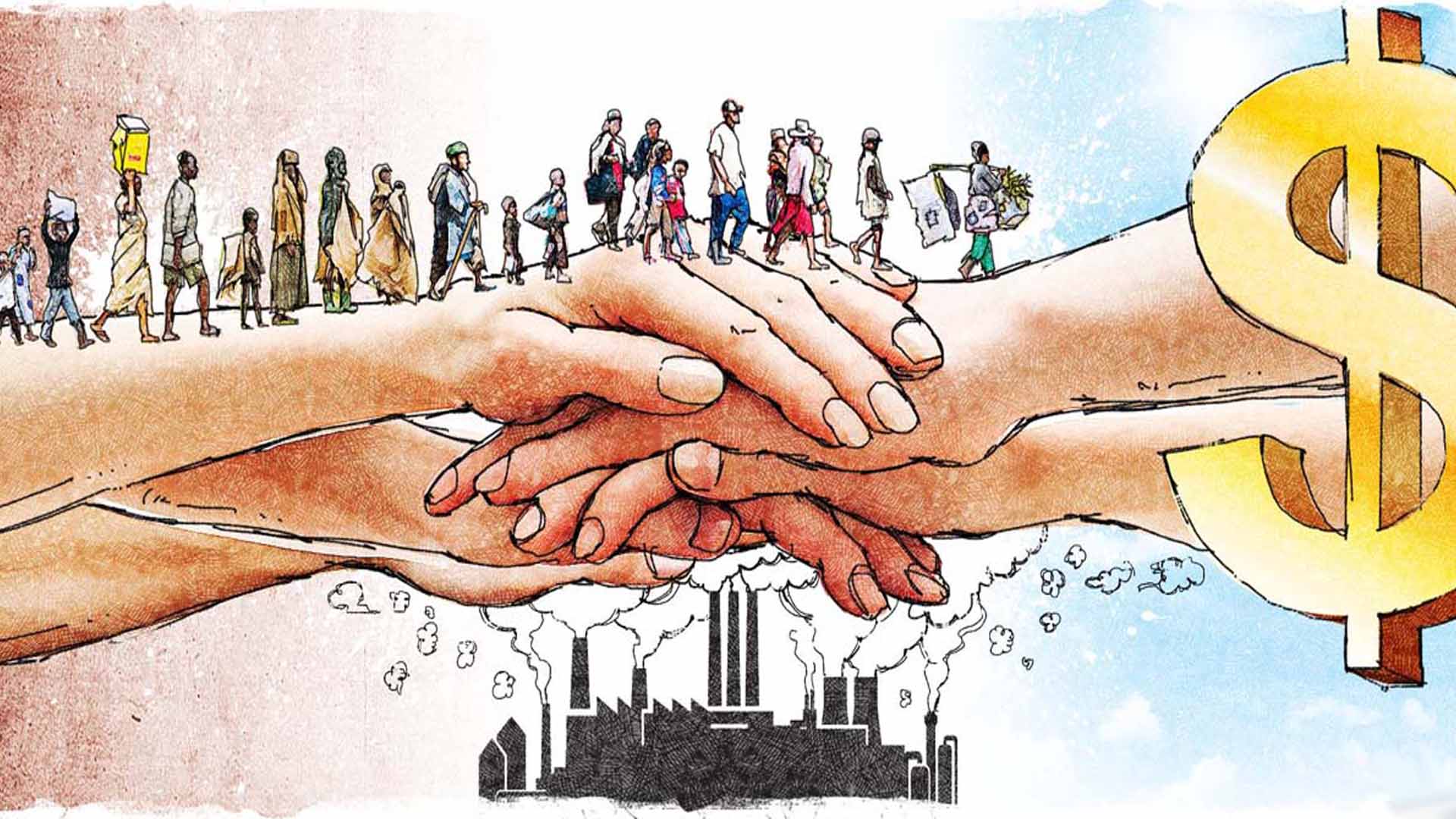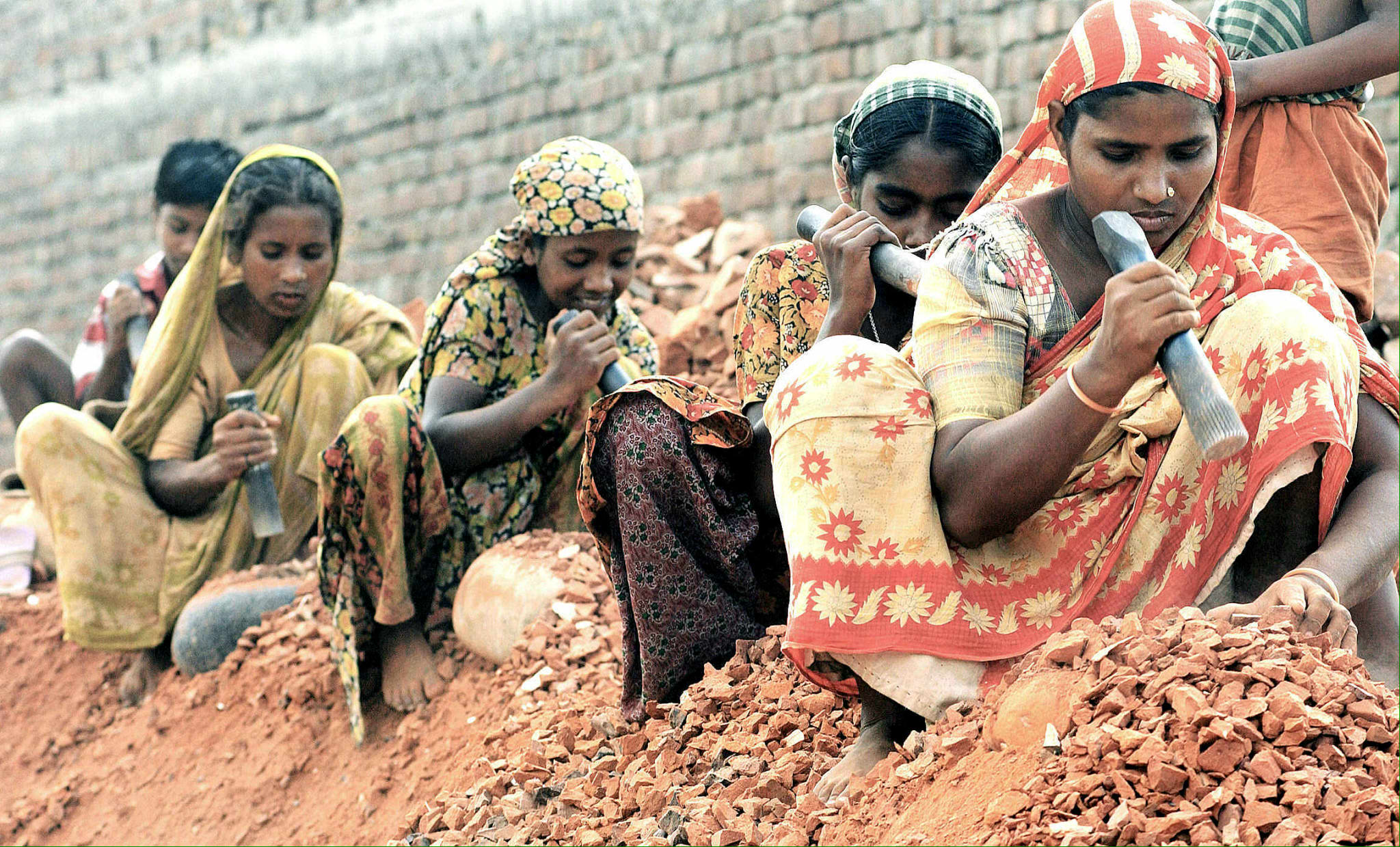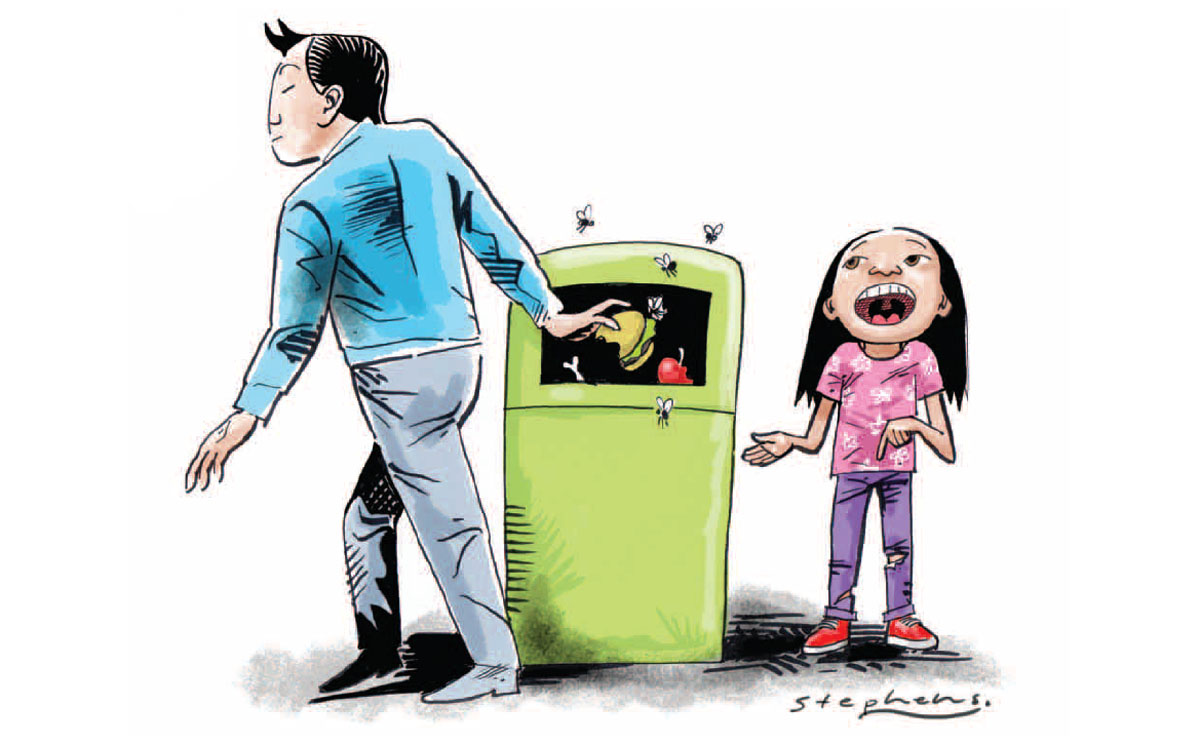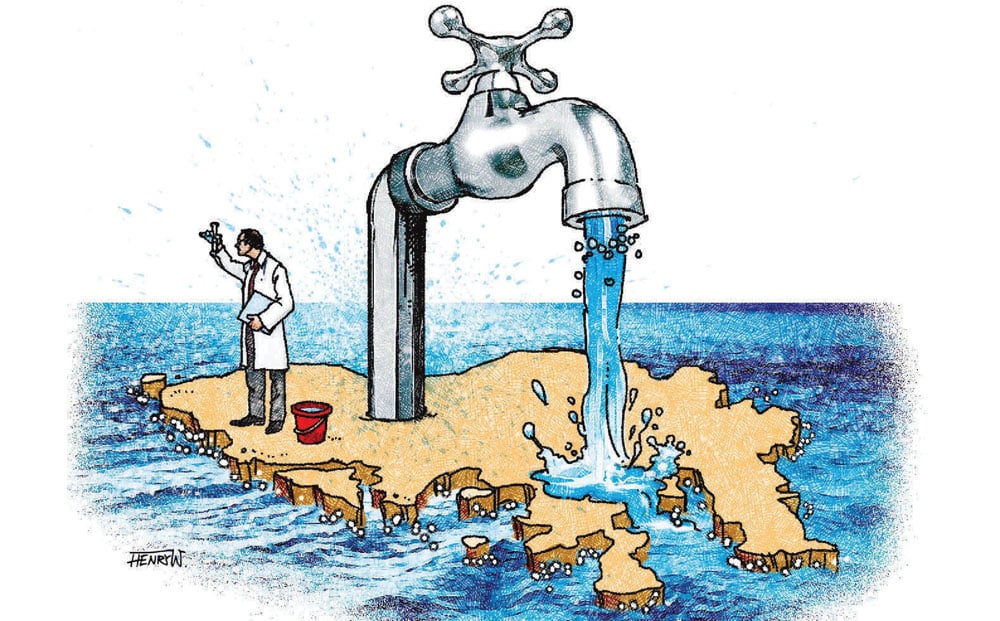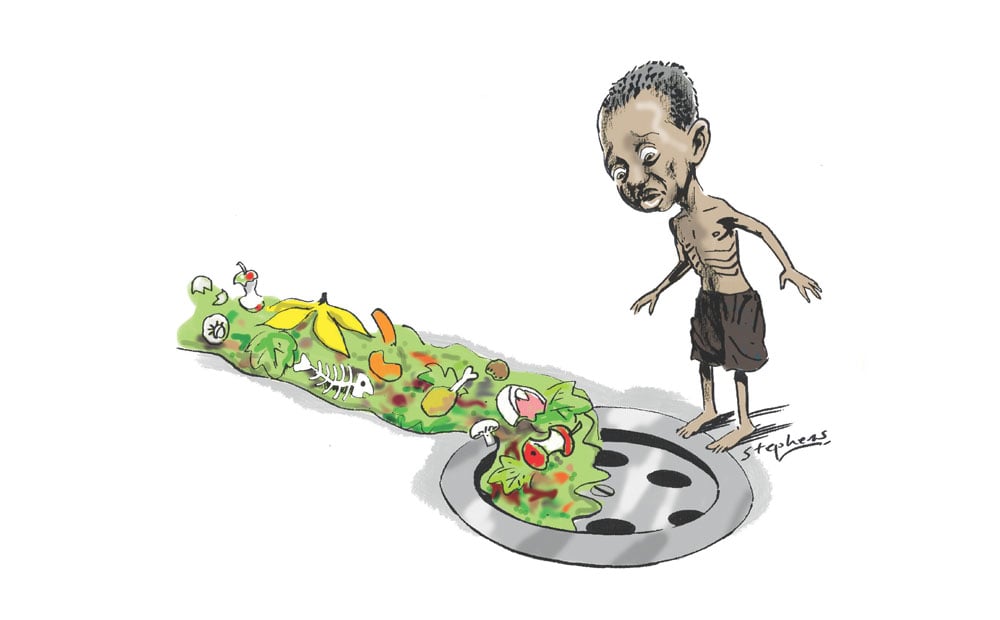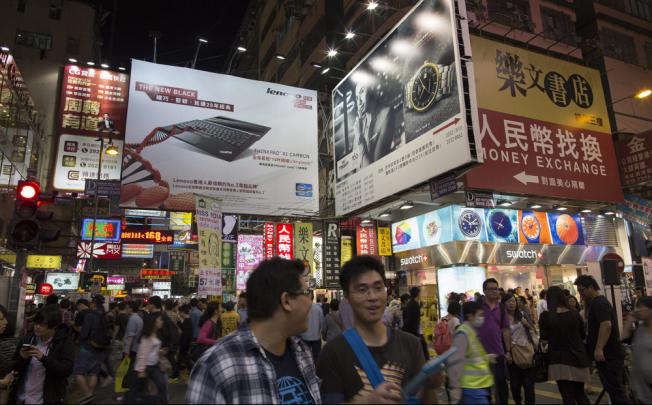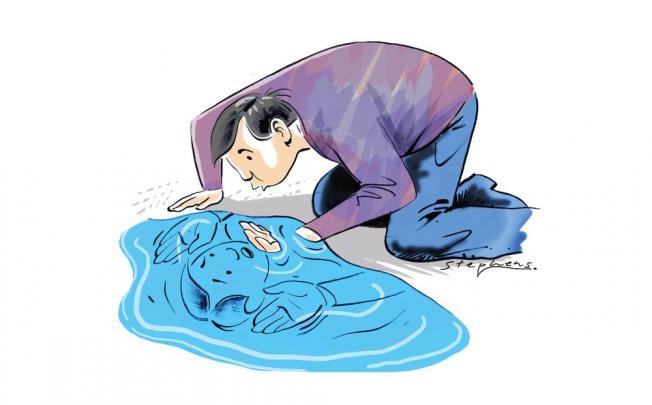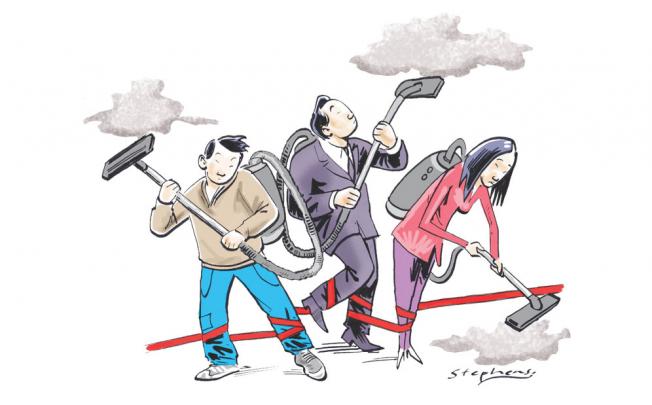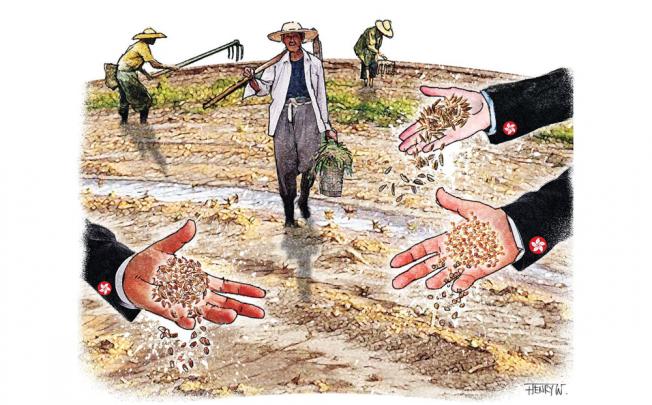Celebrity chefs Jamie Oliver and Gordon Ramsay have both recently opened restaurants in Hong Kong. Price, however, doesn’t seem to have deterred many curious Hongkongers from seeing what these chefs have to offer
Water, water everywhere. That's the feeling we Hong Kong people have always had, not only because we're an island city, but also thanks to the 17 reservoirs that dot our territory. Our taps, it seems, can never run dry.
In Hong Kong, like any modern city that tends to rely on globally sourced imported food, it's hard to visualise the link between global issues of food insecurity and our own issues of food waste. The UN Food and Agriculture Organisation estimates consumer-based food waste in industrialised countries is almost as high as the total net food production of sub-Saharan Africa, that is, 230 million tonnes a year.
The dimming of Hong Kong's skyline for an hour one Saturday night late last month was a rehearsal of how it could truly be a "world city" in Asia. If Hong Kong is to have a future that we are all proud of, sustainability must shine through darkness, not flashy neon and LED lights.
The water from the Dongjiang sustains more than 40 million people in the cities of Heyuan, Huizhou, Dongguan, Guangzhou, Shenzhen and Hong Kong. There is no reason why a sustainable water policy could not be a shared objective. Although we do not share the same system or procedures of managing potable water, authorities on both sides of the border must at least share principles and best practices on preserving water sources and improving water quality.
